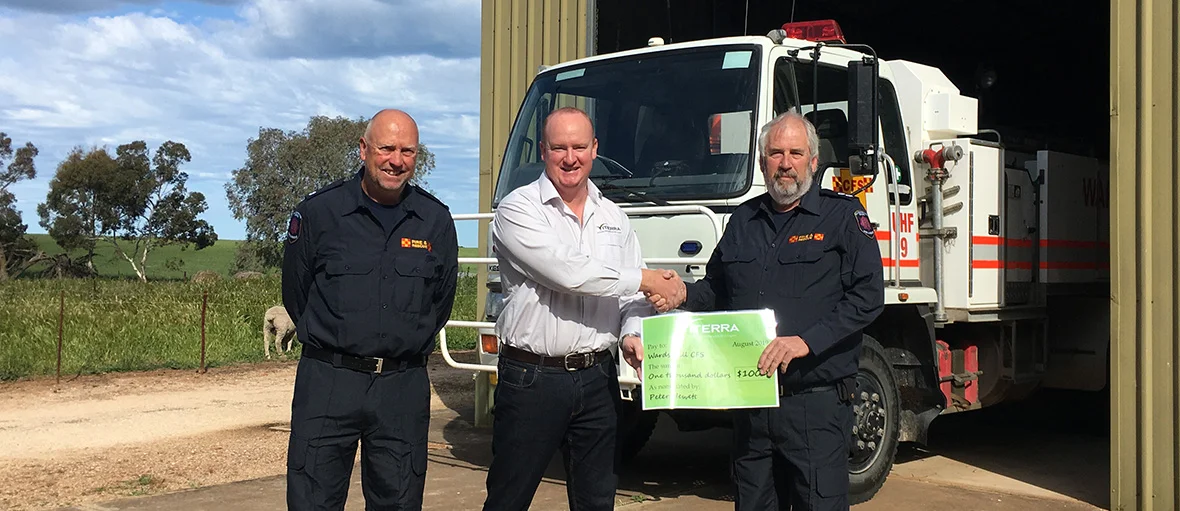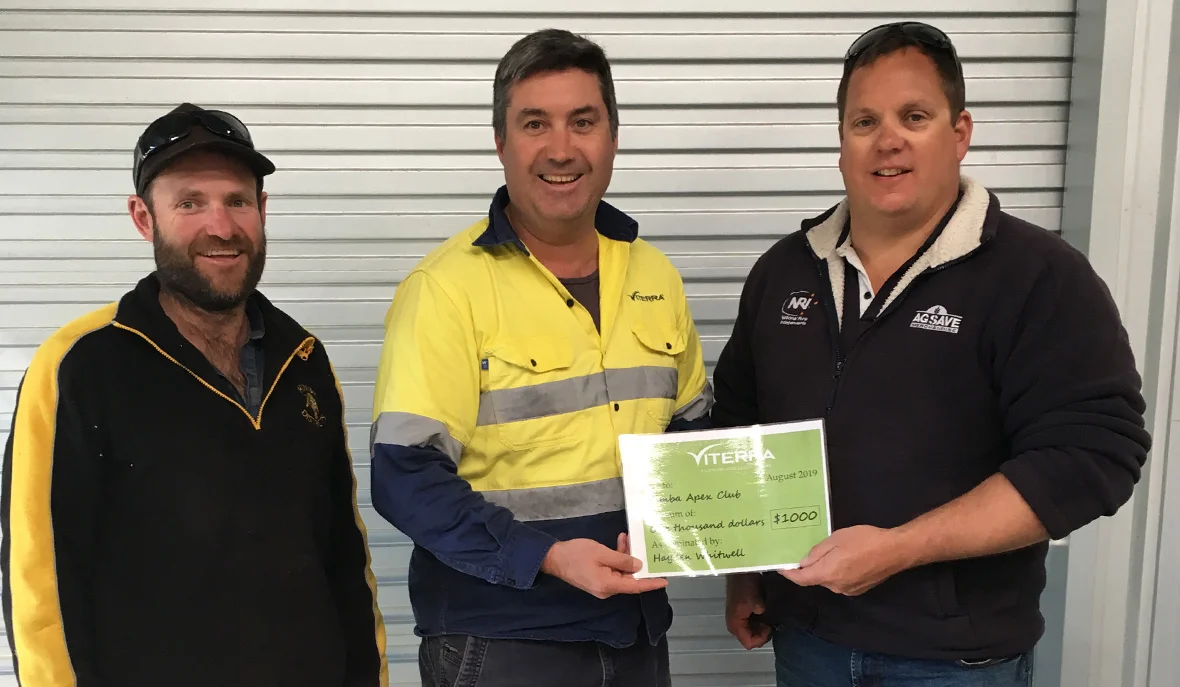
Viterra’s planting survey results are being used to confirm segregations across South Australia in the lead up to harvest.
The survey, completed by 540 growers across the state in July, has provided a profile of the crop being grown across South Australia as well as contributed $1000 to three regional community groups.
The planting survey is an important tool to help plan segregations for the coming harvest.
Responses received in the survey are valuable as it gives Viterra a base line of feedback to ensure segregations match growers’ needs.
The feedback is then used as a tool to have further discussions with growers which is currently in progress. Viterra is working closely with its Strategic Site Committees to discuss the feedback received and any changes that are needed, and will continue to do so in the lead up to harvest.
From the responses across the state, barley hectares have continued to increase with a six per cent increase compared to last year, now making up a total of 33 per cent of the total crop.
In barley, growers have continued to increase their plantings of Spartacus, up nine per cent on last year and now representing 41 per cent of the malting barley varieties grown.
Other main varieties planted are Compass and Scope, with Planet also increasing in popularity.
The malting barley segregations Viterra is offering this year reflect the change in varieties being planted. There are more Spartacus and Planet segregations this year, and a similar number of Compass and Scope.
Canola, pulses and lentils have all slightly decreased from last year, while wheat has seen a marginal increase of 2.5 per cent and represents 47 per cent of the crop.
Based on feedback received in the planting survey, Viterra has decided to implement a declaration for the application of imidazolinone (IMI) chemicals to Scope and Spartacus malting barley varieties.
Spartacus and Scope varieties that have had IMI applied will still be received as a malting barley grade provided the load meets all other quality requirements.
A declaration is critical to assist Viterra with managing stock with IMI applied to ensure end use customer requirements and importing countries’ maximum residue limits are met.
As part of the survey, Viterra is pleased to donate $1000 to three community groups nominated by growers.
Congratulations to the winners of the survey competition, Peter Hewett (Wards Hill CFS), Graham Buchanan (Karoonda CFS) and Hayden Whitwell (Kimba Apex Club).
Viterra is a significant contributor to regional communities through employment, engagement with local businesses, continuous supply chain investments and involvement in community initiatives and activities.
Growers can visit the Viterra website for a summary of the crop profile for each Port Zone and Site Group.
